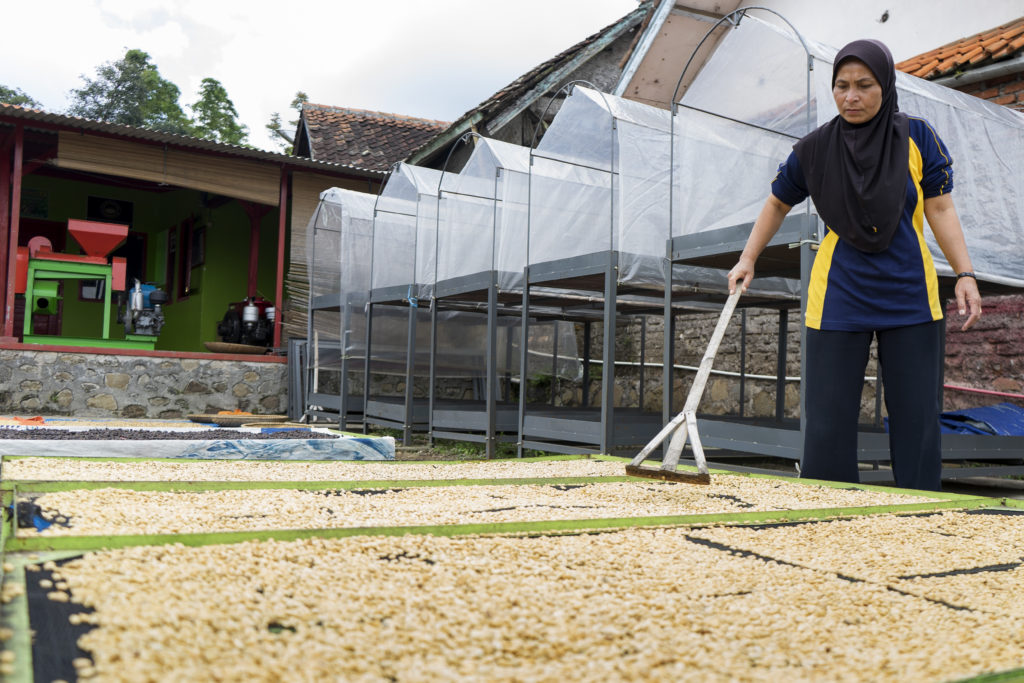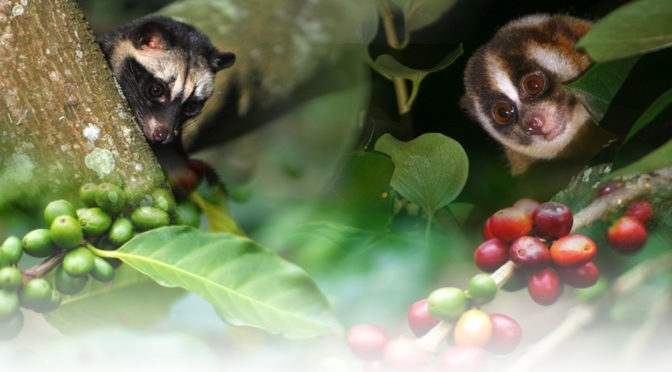My time here has come to an end! After 7 months of hard work, we managed to do some amazing things that now I summarise here. Waiting for January to do more work!
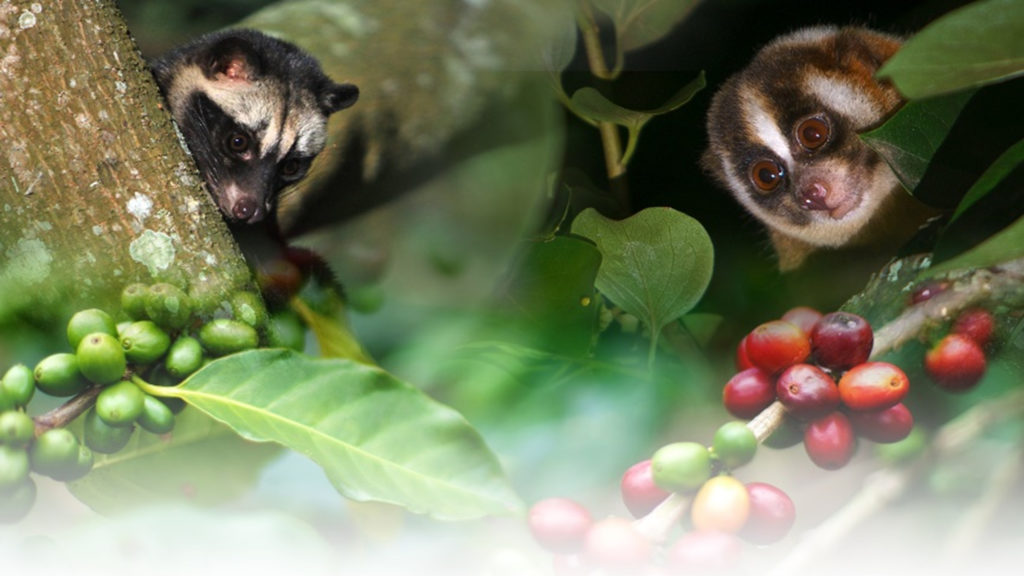
Introduction
There is an urgent need for a global transition to sustainable farming systems that provide social and economic equity and protect ecosystem services on which agriculture depends. Java is home to 60% of Indonesia’s population and harbours many endemic species, thus managing agriculture alongside human well-being and biodiversity is vital. We implemented a programme meant to integrate the needs of local farmers and to protect and increase biodiversity. In the last 7 months, we made leaps and bounds towards developing this programme. In this programme, we aim to develop a wildlife-friendly coffee growing and training that provides economic security for local communities while enhancing biodiversity and ecosystem services. This long-term benefit to local communities will be likely associated with a decrease in illegal wildlife trade, including Javan slow loris and civets.
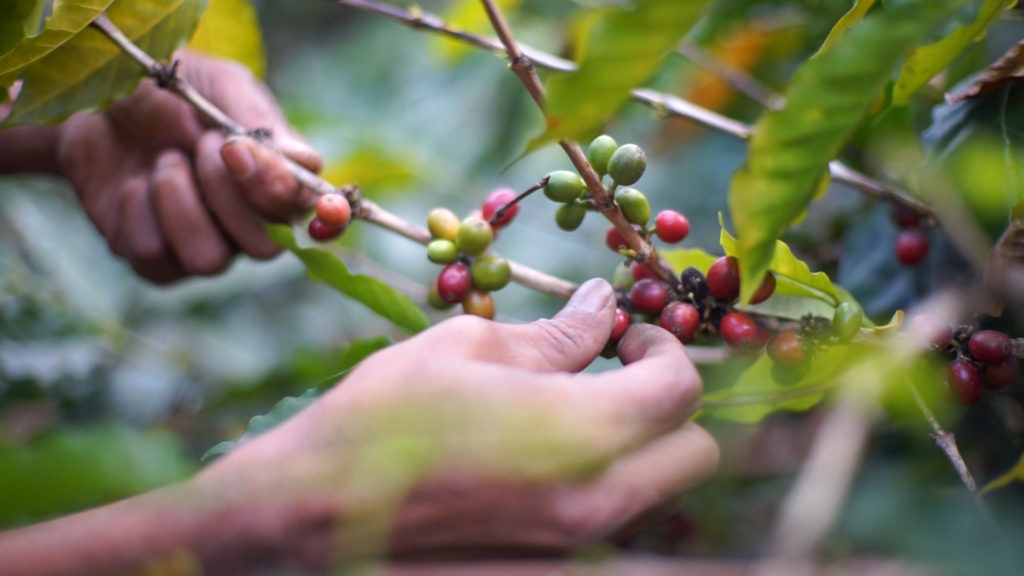
Beginning of the programme
We started this programme by interviewing local farmers to obtain background on their agricultural and ecological knowledge, perception of the organic practices, and expectation towards our programme. Also, we evaluated their technical ability to improve coffee quality. After these exploratory interviews, we organised interventions that included (1) trainings for increasing coffee quality, produce organic fertilizers and pesticides, and organic and wildlife-friendly standards, (2) promotion of shade trees in coffee plantations, (3) provide equipment for ameliorating coffee production and reduce the use of chemicals, (4) community law that includes penalties for hunting activities, (5) monitor the biodiversity, first a baseline, then continuous monitoring after the wildlife-friendly certification.
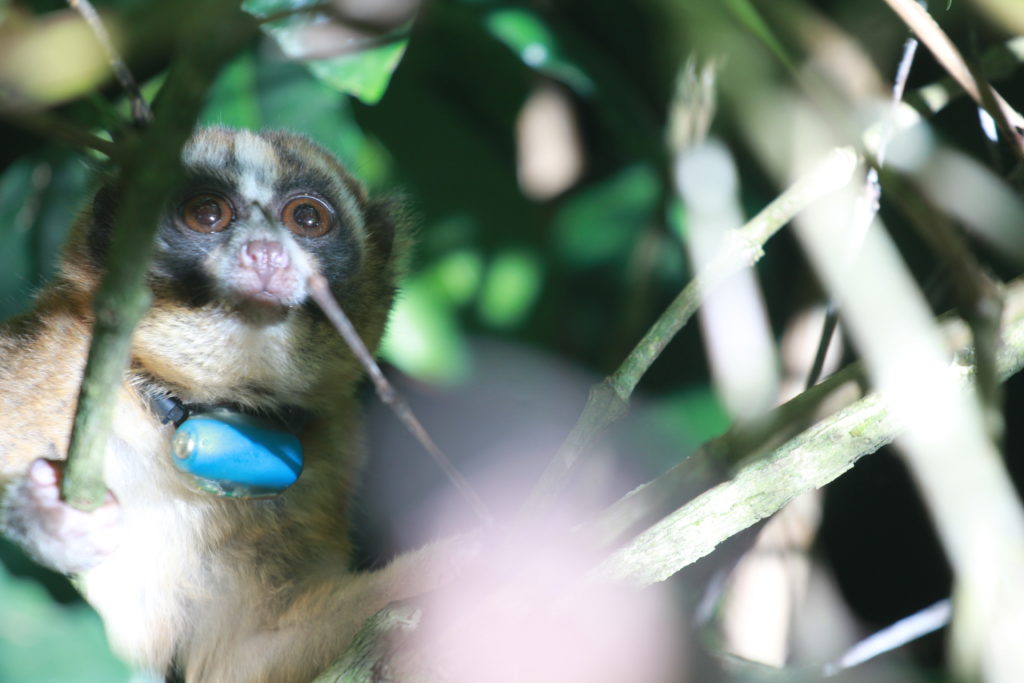
What we achieved
After these 7 months, we have recruited more than 300 farmers willing to change their practice and had agreement from three communities for a total hunting ban including slow lorises. We increased awareness of illegal wildlife trade by making signs (more soon), offering hunters alternative job opportunities, and doing socialization events. More rare species will be thus protected, including birds, considering that our study area is close to big cities with large animal markets. We provided equipment (such as sickles) and training for organic fertilizers to promote organic practices. The use of herbicides and chemical fertilizers decreases biodiversity and deplete soil, determining also a reduction of coffee productivity. After months of meetings and socialisation, farmers feel now empowered by our interventions. The support of farmers to our new wildlife-friendly coffee project has led to the donation of 18000 trees for reforestation! The farmers themselves arranged the donation from the forest department, meaning farmers are engaged in our programme.
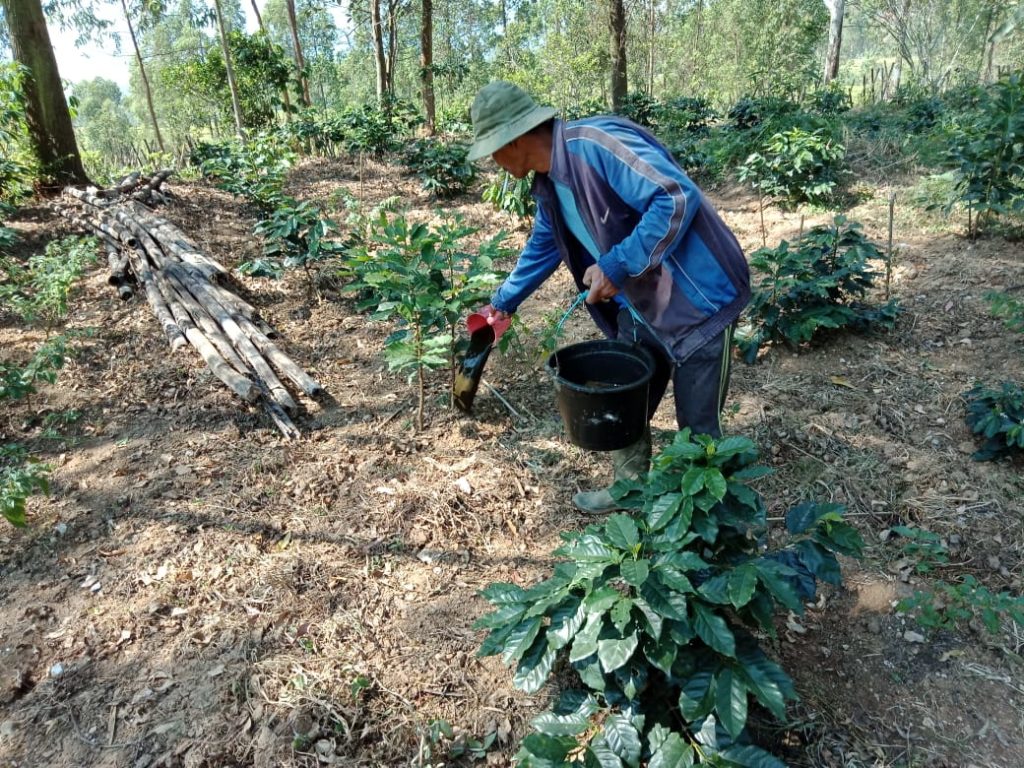
Looking at the future
Java is famous worldwide for its coffee but also for its biodiversity, and this initiative would allow coffee lovers to give back to wildlife conservation with every cup. The next step is to provide more advanced training and equipment to farmers, including processing and waste management that needs to be ameliorated. Full washed coffee processing in the area should be improved to reach export standards, and the enormous amount of water used during this process (around 5000 L for each ton of green beans processed) can be purified and recycled. We also plan to share the programme with other coffee farmers in Java in a big meeting including the department of Agriculture and experts from Universities in Java, with the aim to promote wildlife-friendly practices all around Java. We plan to continue to assess the impact of this programme (such as planting trees in coffee plantations to increase connectivity) on the ecology of slow lorises. See you again in January! MARCO CAMPERA
